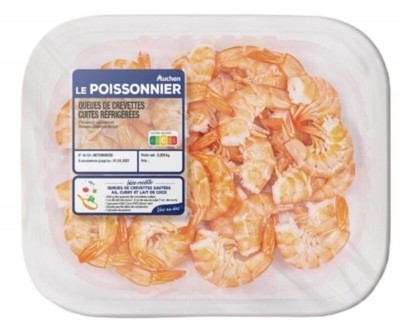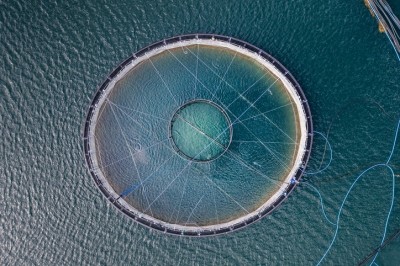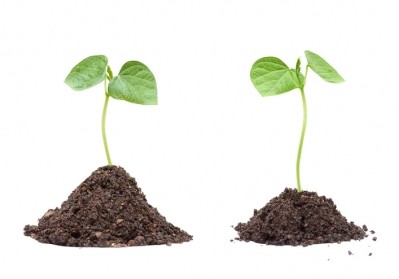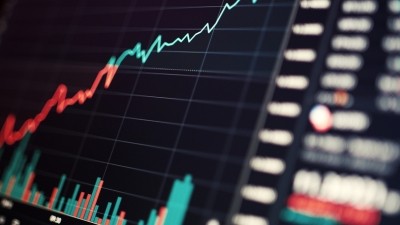BioMar works with NGO to ensure sustainable Ecuadorian shrimp industry
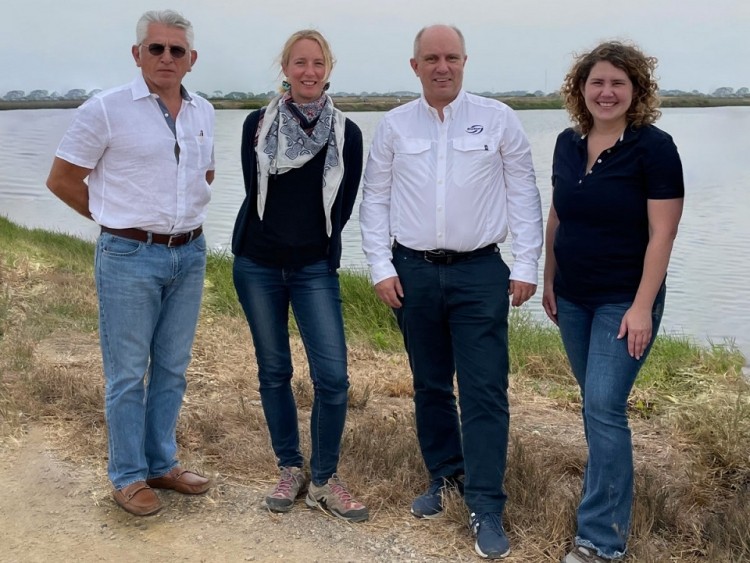
The Danish fish feed manufacturer is teaming up with Earthworm Foundation, an international non-profit undertaking social and environmental projects to drive social change and sustainability best practices in the region.
The partnership will have a feed focus, looking to ensure only deforestation-free inputs are used, but it will also involve capacity building initiatives. The NGO will share information on improved environmental and social practices with Ecuadorian shrimp farmers.
BioMar and Earthworm Foundation have been assessing the Ecuadorian shrimp industry over the past year, with the goal of building a framework to address the major issues in the industry, taking an holistic approach to the research to ensure all aspects of farming was reviewed, from the sourcing of raw materials to the production and processing of shrimp. “This includes raising awareness and training staff in global best practices that go beyond standard certification schemes.”
Empowering local communities
The expansion of any market requires consideration of the impact on people and the environment, commented the collaborators.
Shrimp farming is an important employer throughout coastal areas in Ecuador, however, increasing technification of the production requires a more skilled workforce to run the farms. And with education levels better in the cities, farmers are forced to employ people from there rather from local communities.
However, the feed producer and the not-for-profit group said their joint project will look to support educational programs aimed at upskilling local people to enable them to become qualified for shrimp farming employment. “This way, local communities’ benefit from the expected expansion of the Ecuadorian shrimp segment.”
Strain on raw material supply chain
Henrik Aarestrup, VP LATAM, shrimp and hatchery, BioMar Group, said that by partnering with a highly respected and knowledgeable organization that specializes in social and environmental initiatives like Earthworm Foundation, the company is ensuring that the growth of Ecuadorian shrimp production is done in the right way.
He told FeedNavigator that the Ecuadorian shrimp industry has gone through exceptional growth in recent years:
“Just the additional shrimp volume in 2021 was more than the total annual production of any other shrimp producing nation in LATAM. This puts tremendous strain on the raw material supply chain; and we need to secure that the growth does not lead to over exploitation of resources no matter if they are sourced locally in Ecuador or imported.”
A rough estimate would be that the industry in Ecuador used close to half a million tons of additional feed ingredients in 2021 compared to 2020, continued Aarestrup.
“BioMar has already secured that all raw materials used in our shrimp feed at the moment comes from sustainable sources like; no use of soy from deforested areas; however, given our and the market growth, this is a process that needs to be continued and the basket of alternative raw materials must be increased. We recently introduced microalgae oil to replace fish oil in diets and we are increasing our use of by-products, but even more must be done to secure opportunities for continued growth.”
